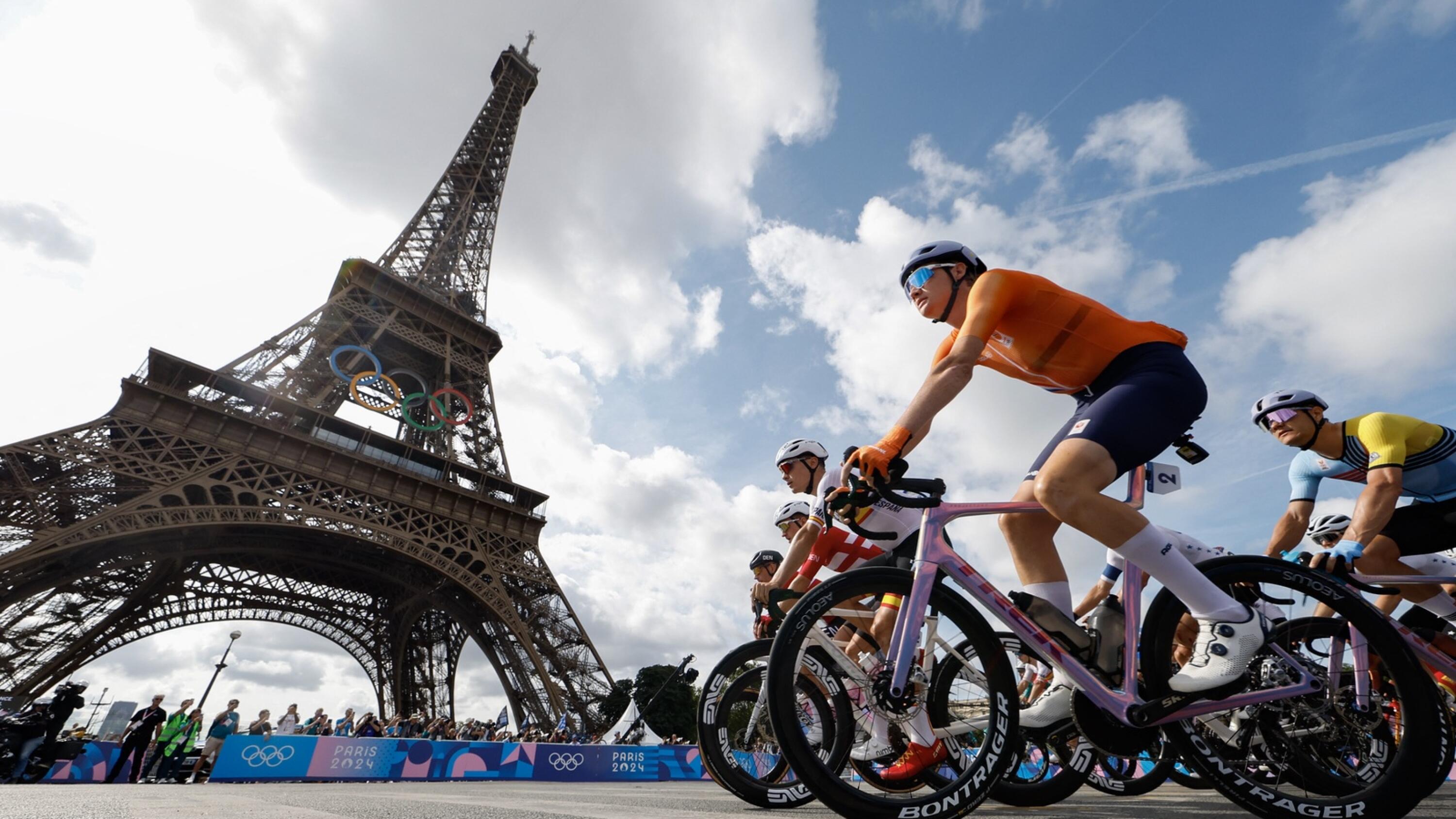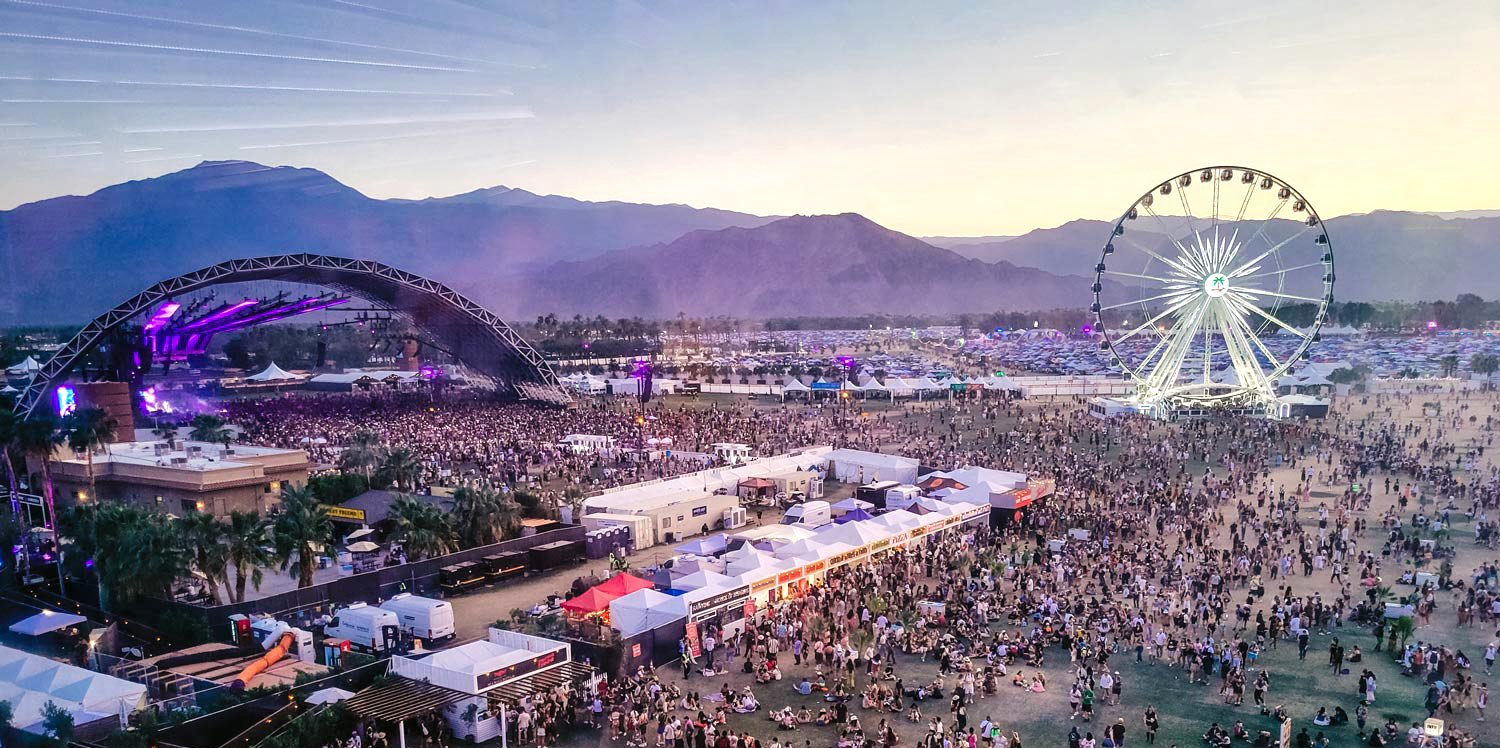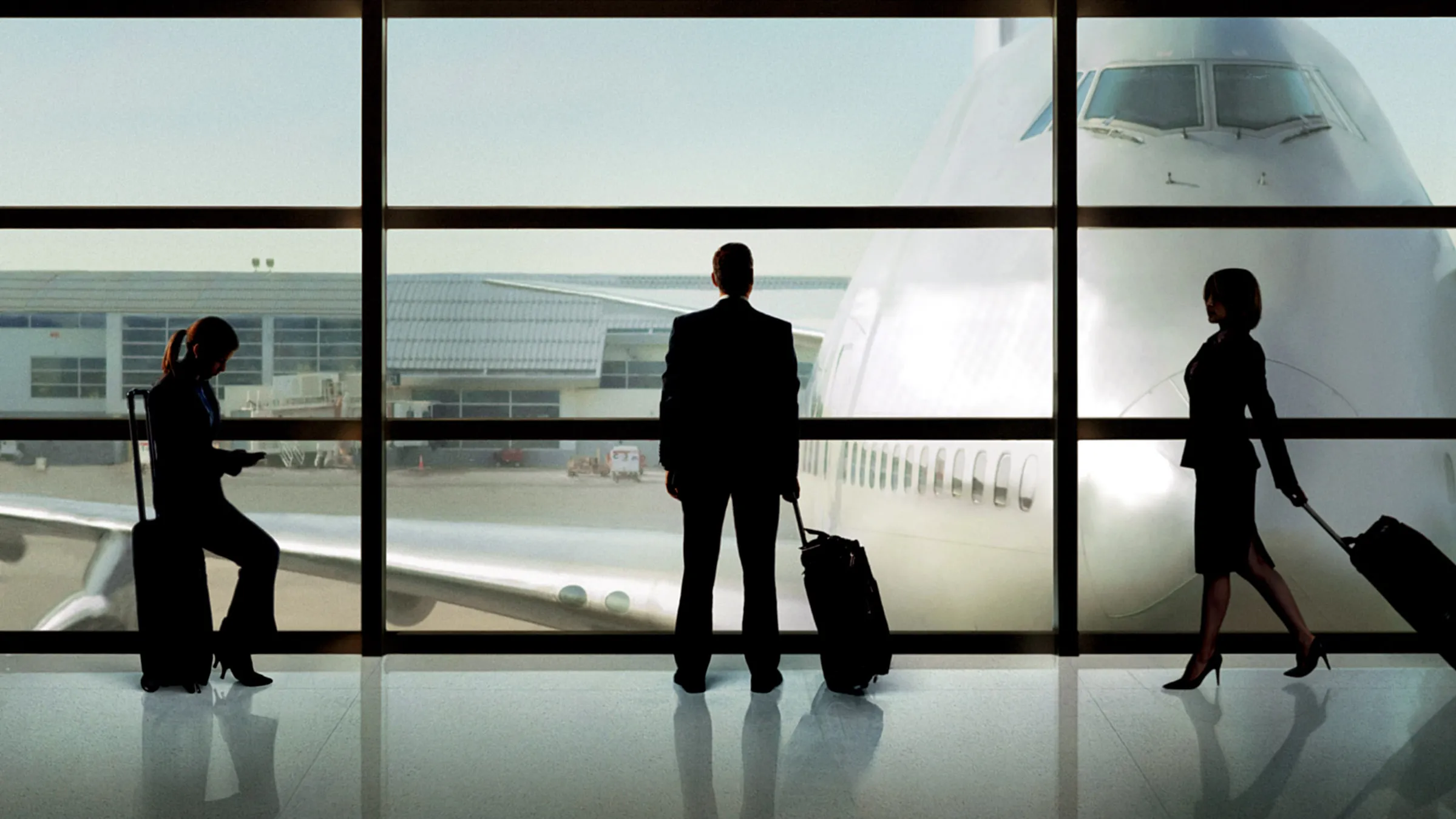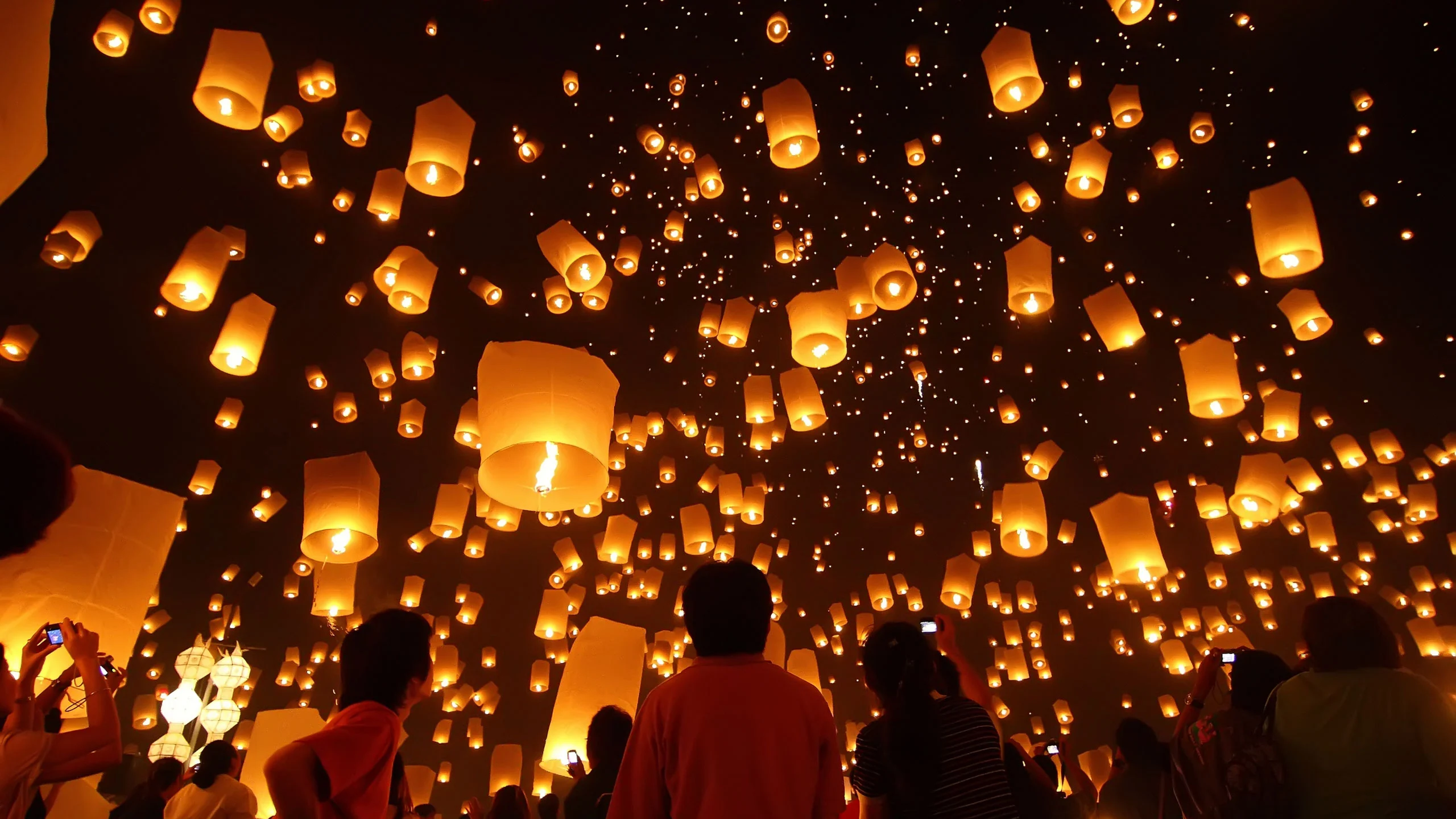
The Evolution of Event-Driven Travel: New Patterns Emerge
In the ever-evolving landscape of travel, one trend that has gained significant traction in recent years is the rise of event-driven travel. Ranging from large-scale global events to intimate local gatherings, the surge in travel motivated by specific events has reshaped the hospitality landscape, blending leisure with purpose in novel and meaningful ways.
Historically, travel was predominantly driven by the desire for rest, recreation, or cultural exploration. However, with the advent of increasingly accessible travel options and a growing appetite for unique experiences, people now seek to align their travel with their personal interests and passions. This shift is evident in the increasing number of travelers who plan their trips around specific events - whether they are sporting events, cultural festivals, art exhibitions, or conferences.

(Business Post)
Sports Events
One of the most striking examples of this trend is the meteoric rise of sports tourism. Global events such as the Olympics, the FIFA World Cup, and the Super Bowl not only attract participants and spectators from all over the world, but they also contribute to the emergence of a thriving tourism sector. Cities hosting these events witness a sharp uptick in visitation, as fans flock to stadiums and surrounding attractions, seeking not only to witness the event but to immerse themselves in the host city’s culture and offerings. The 2022 FIFA World Cup in Qatar, for instance, generated 2.8 million international visitors and transformed the tourism infrastructure, with new hotels, airports, and entertainment venues specifically designed to accommodate the influx. (Qatar - Beyond the World Cup by Maria Quintero)

(Euronewsweek)
Cultural Festivals
Beyond sports, cultural events have become major catalysts for travel. Festivals such as the Cannes Film Festival in France, the Edinburgh Festival Fringe, and Japan's cherry blossom festivals in Kyoto now attract travelers who are eager to partake in unique cultural expressions. These festivals serve as a magnetic draw for those who wish to be part of something larger than a typical holiday - an opportunity to connect with a specific culture, celebrate creativity, or witness a traditional event in its most authentic setting. In fact, some travelers now make it a point to time their vacations with these annual happenings, underscoring the evolving relationship between travel and cultural participation.

(Adventures with Pinny)
Events Influenced by Social Media
Moreover, the impact of digital media on the popularity of events cannot be understated. Social platforms such as Instagram, TikTok, YouTube, and Threads have amplified the allure of events by allowing potential travelers to see firsthand the excitement, glamour, and uniqueness of various gatherings. A popular influencer's post from an event like Coachella or Art Basel in Miami may be the spark that ignites someone’s decision to attend the event themselves. The role of social media in event-driven tourism has encouraged not just a passive consumption of content, but an active participation in the experiences, creating a digital ripple effect that spreads enthusiasm and curiosity across borders.

(Condé Nast Traveler)
Professional and Educational Events
A newer, yet increasingly significant, subset of event-driven travel is related to professional and educational events such as conferences, trade shows, and business summits. With the rise of hybrid work and the increasing importance of networking, more professionals are choosing to travel for these events, mixing business with leisure.
Events like the CES (Consumer Electronics Show) in Las Vegas or the World Economic Forum in Davos see thousands of travelers converging from all corners of the globe. CES 2024, for instance, drew 138,739 participants from over 150 countries, with more than 40% coming from abroad (2024 CES Attendance Audit Summary). Similarly, the WEF's Annual Meeting in January 2024 hosted nearly 3,000 participants from 120 countries, including over 60 heads of state and government (Pictures from the annual meeting in Davos 2024 by World Economic Forum).
The combination of industry insights and the allure of destination cities has created a cross-pollination of business and tourism, where attendees extend their stays to explore the local area after fulfilling their professional commitments.

(Jacada Travel)
Local Events
The new patterns of event-driven travel are not just confined to global metropolises. Small cities and even rural destinations are capitalizing on niche events - think of culinary tours in Tuscany, vineyard festivals in Napa Valley, Lantern Festival Loi Krathong in Chiang Mai, Thailand or hot air balloon festivals in Albuquerque. These events offer an opportunity to blend authentic local experiences with an overarching theme that drives tourism and elevates the profile of lesser-known destinations.
As the demand for event-centric travel continues to rise, destinations, event organizers, and travel brands are increasingly fine-tuning their offerings to cater to this growing segment. For travelers, this means more choice, greater customization, and richer experiences that extend far beyond traditional tourism.
As we look toward the future, it is clear that events, whether large or small, will continue to play a central role in shaping the travel habits of individuals, offering a way to connect, learn, and celebrate in meaningful ways.
REFERENCES
HVS. (2024). Qatar: Beyond the World Cup. https://www.hvs.com/article/9774-qatar-beyond-the-world-cup
Consumer Technology Association. (2024). 2024 CES Attendee Audit Summary. https://www.ces.tech/media/5tmfzidk/attendeeauditsummary_2024.pdf
World Economic Forum. (2024). Pictures from the annual meeting in Davos 2024. https://www.weforum.org/stories/2024/01/pictures-annual-meeting-wef-davos-2024/